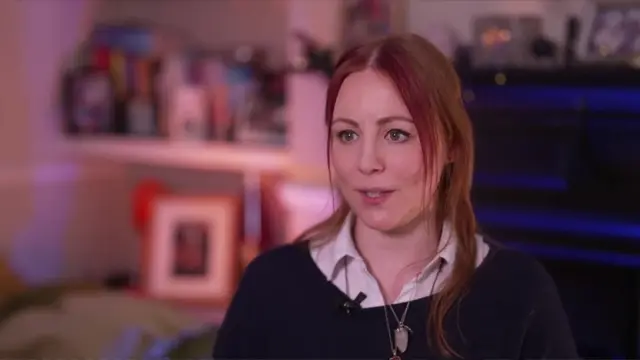‘I don’t want to lose my house’published at 10:49 GMT 1 February 2024
Marta Newman
BBC Breakfast Producer

Hannah Clarke, 37, is a single mum of two from Rutland in the East Midlands. She has a fixed mortgage deal which is up for renewal in August.
But she can lock in a deal from early March. “At the moment I’m paying £455 a month on my mortgage, at one point it looked like that was going to go close to £900,” she says.
“Thankfully now with the rates coming down I’m looking at £650 to £700.”
Clarke juggles two part-time jobs. She's a beautician but also works on the phones on a taxi rank.
“Once all of my bills, my mortgage, food and fuel has come out, there is very, very little left over,” she says.
“I don’t want to lose this place and I don’t want to lose the longer term security of having my own house and being able to pass that down to the children, having my mortgage paid off by the time I retire so I actually can retire.”

